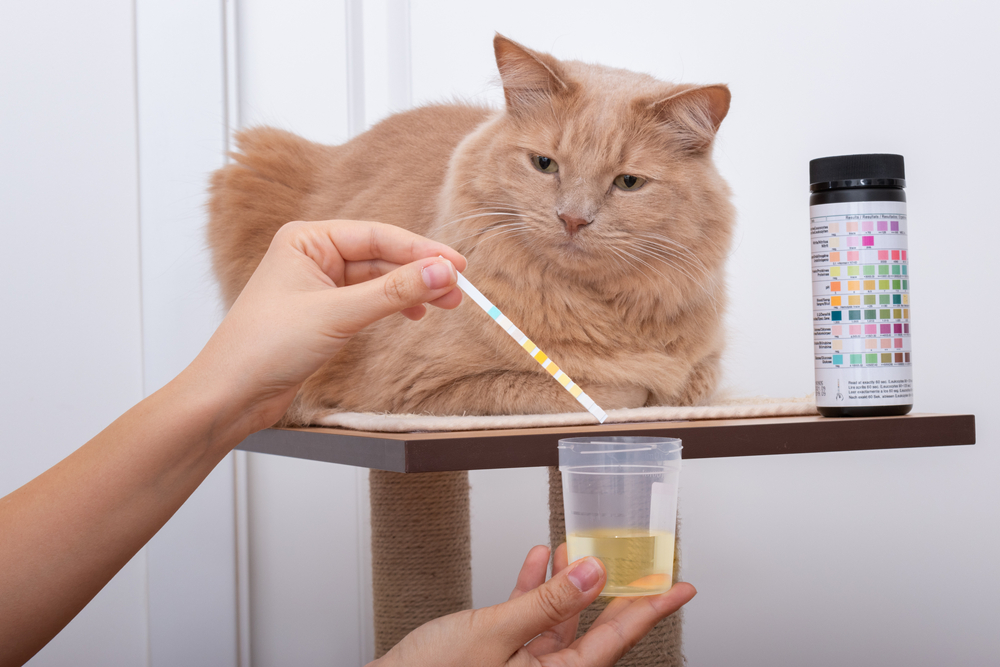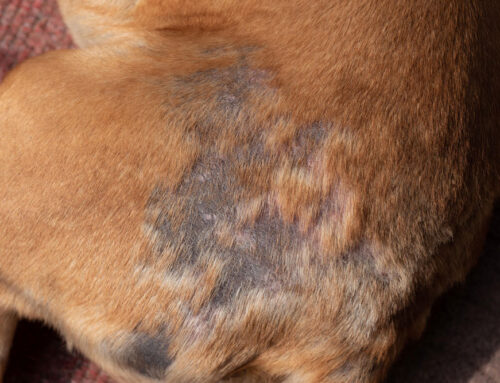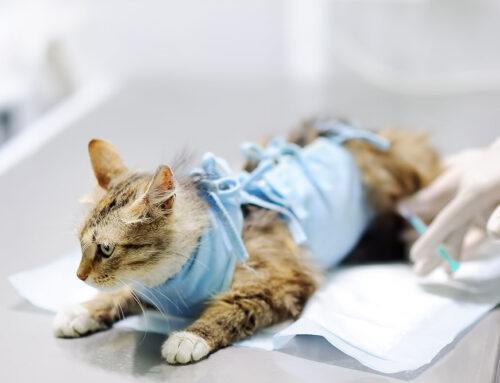UTI Prevention in Pets: What Every Owner Should Know
At Creature Comforts Veterinary Service in Saylorsburg, Pennsylvania, we know how concerning it can be when your pet starts acting a little “off”- especially when it comes to bathroom habits. Maybe they’re asking to go out more often, maybe they’ve had an accident indoors, or maybe you notice them straining or licking themselves more than usual. These behaviors are often easy to shrug off, but they can point to a very common problem: a urinary tract infection (UTI).
UTIs can be uncomfortable, frustrating, and potentially serious if left untreated. Fortunately, with the right knowledge and care, they’re also very manageable. Here’s what every pet owner should know about UTIs, from prevention to treatment and everything in between.
What Exactly Is a UTI?
A urinary tract infection happens when bacteria get into the urinary system, usually through the urethra, and start to multiply in the bladder. While both dogs and cats can develop UTIs, they’re more commonly seen in female pets and older animals due to anatomical and hormonal factors.
Though it sounds straightforward, a UTI can sometimes be part of a bigger picture- underlying conditions like diabetes, kidney disease, or urinary stones can raise the risk and complicate treatment.
Common Causes of UTIs
Understanding what causes UTIs can help you be proactive. Here are some of the most frequent culprits:
- Bacterial contamination (typically from the environment or the pet’s own skin or GI tract)
- Urinary retention (when pets can’t or don’t urinate frequently enough)
- Underlying health conditions like diabetes or kidney disease
- Anatomical issues, such as a recessed vulva in female dogs
- Urinary crystals or bladder stones that irritate the bladder lining
- Poor hygiene, particularly in pets with long hair or those who are unable to groom themselves properly
Why Prompt Treatment Matters
A UTI is more than just a nuisance- it can become a serious health issue if ignored. Discomfort is the most immediate concern. Your pet might strain to urinate or whimper in pain, and untreated infections can climb to the kidneys or lead to systemic illness.
More severe outcomes include:
- Kidney infections (pyelonephritis)
- Bladder inflammation
- Urinary blockages, especially in male cats
- Formation of bladder stones, which can require surgery. Learn more about this at Urinary Stones – ACVS
Worried you may have a urinary emergency? Creature Comforts Veterinary Service is the only clinic in the Poconos to offer around the clock emergency service. No matter what time of day or night, we are here to help your pet.
Symptoms: What Should You Look For?
Keep an eye out for these signs, which may point to a urinary tract issue:
- Frequent urination, often with little success
- Straining or signs of pain while urinating
- Blood in the urine (you might spot pink or red-tinged stains)
- Accidents in the house or outside the litter box
- Excessive licking at the urinary opening
- Changes in appetite or energy levels
These symptoms can be easy to miss, especially if your pet is subtle about them, so staying observant makes a difference.
What Happens If a UTI Goes Untreated?
Left unchecked, a UTI can spiral into something more serious. Chronic infections can weaken the bladder wall, and bacteria can move into the kidneys. In male cats, one of the most urgent risks is a urinary obstruction, which can become life-threatening very quickly. This condition requires emergency treatment. For more, see Urinary Obstruction in Male Cats – ACVS
Diagnosing a UTI: What to Expect
When you bring your pet in, we’ll start with a physical exam and a urinalysis- either collected mid-stream, via catheter, or through cystocentesis (drawing urine directly from the bladder with a needle, which helps avoid contamination).
If we suspect something more complex, we might recommend:
- Urine culture and sensitivity testing, to find the right antibiotic
- Bloodwork, to check for systemic issues
- X-rays or ultrasound, especially if bladder stones or anatomical concerns are on our radar
Treatment Options: Getting Your Pet Back on Track
The foundation of treatment is usually:
- Antibiotics, targeted based on urine culture results
- Anti-inflammatory medication, to ease discomfort
- Increased hydration, to help flush bacteria
- Dietary changes, especially if urinary crystals or stones are present
In some cases, surgical intervention like a cystotomy may be needed to remove bladder stones.
Life with a Pet Recovering from a UTI
A little extra care goes a long way. Make sure your pet always has access to clean water, and take frequent potty breaks. For indoor cats, keep the litter box clean and easily accessible. Stick to the prescribed medication schedule and complete the full antibiotic course- even if your pet seems better after a couple of days.
It’s also helpful to:
- Monitor urine for any changes in smell, color, or frequency
- Encourage water intake by using a pet fountain or flavored water
- Track behavioral shifts and report anything unusual
Preventing UTIs: Tips That Work
While there’s no way to guarantee your pet will never get a UTI, you can take steps to reduce the chances.
- Keep them hydrated: Hydration helps dilute urine and flush bacteria.
- Clean bathroom areas: For dogs, keep yard areas free of debris. For cats, scoop the litter box daily.
- Watch their diet: Some prescription diets support urinary health, especially in pets prone to crystals or stones.
- Stay on top of chronic conditions: Diabetes, kidney disease, and obesity can all increase UTI risk.
- Schedule regular check-ups: Catching early signs makes a huge difference.

Emerging UTI Trends
The veterinary world is paying close attention to two key topics:
- Antibiotic resistance: Overuse can lead to resistant infections. That’s why we test before we treat when possible. Read more at Urinary Tract Infections – Cornell
- Probiotics and the microbiome: Researchers are exploring how gut and urinary tract bacteria may influence infection risk and prevention
A Partner in Prevention
At Creature Comforts Veterinary Service, we believe that good health starts with education and proactive care. If you’re worried about your pet’s urinary health- or simply want to stay ahead of problems- we’re here to support you with expert guidance, compassionate care, and a plan tailored to your pet’s specific needs.
Together, we can help your pet stay comfortable, happy, and healthy, every step of the way. Contact us.







Leave A Comment